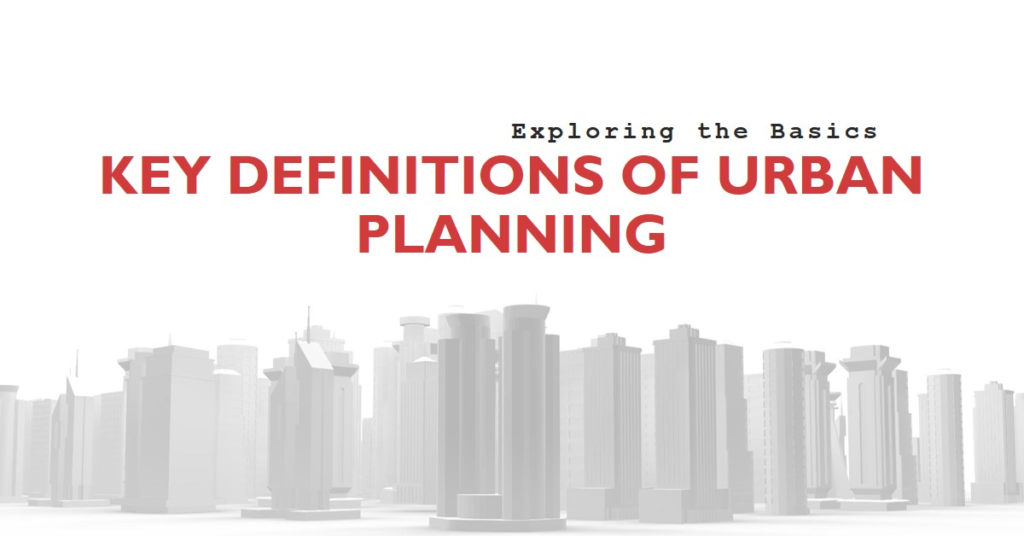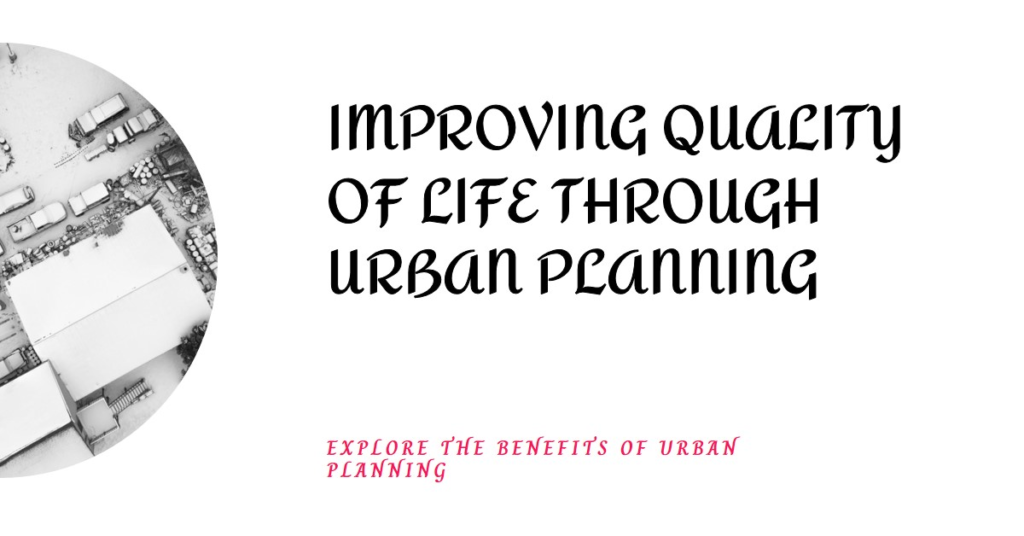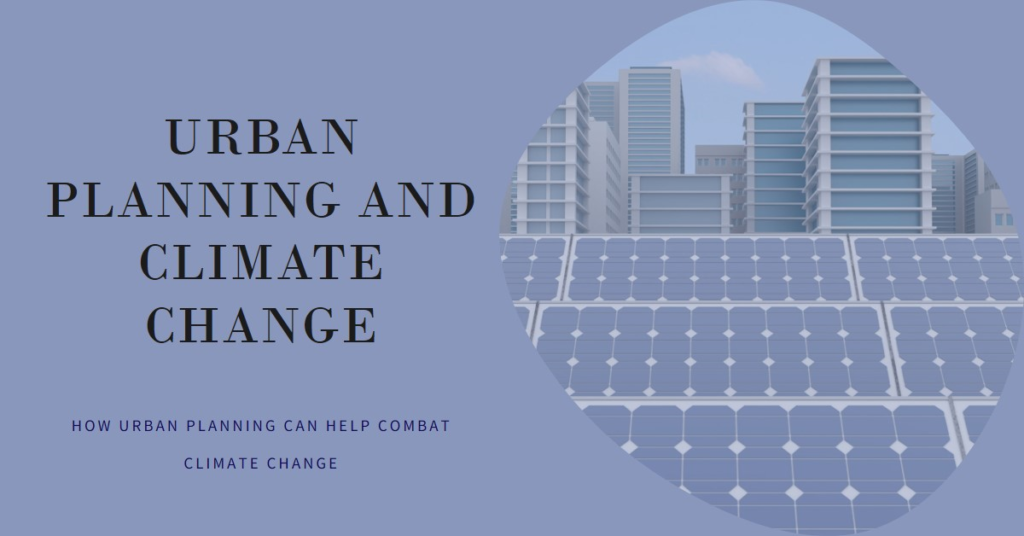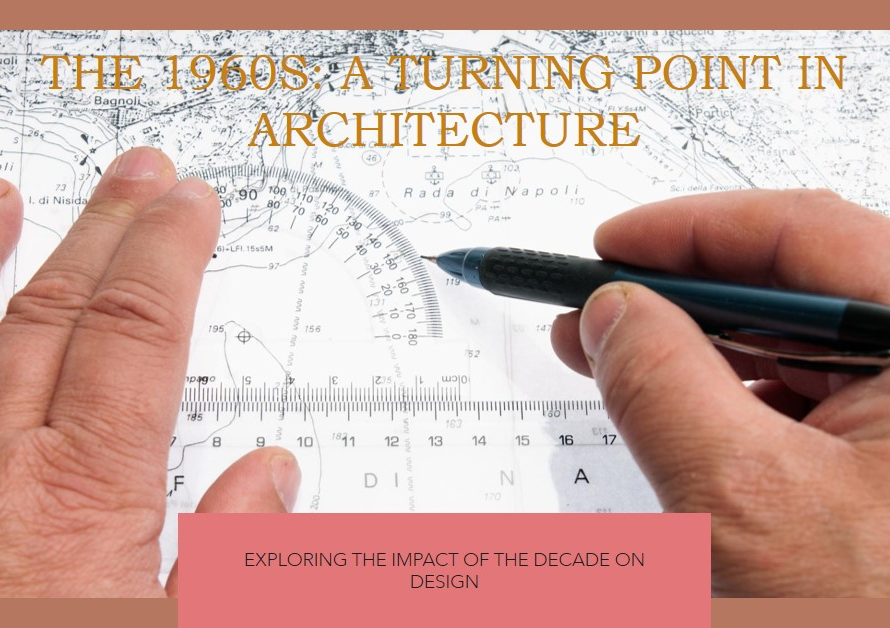
Table of Contents
- Introduction:
- The Essence of Urban Planning: An Overview
- Spatial Planning: Designing the Urban Landscape
- Infrastructure Planning: Building the City’s Backbone
- Transportation Planning: Navigating Urban Mobility
- Environmental Planning: Protecting Natural Resources
- Social Planning: Fostering Inclusive Communities
- Economic Planning: Driving Urban Prosperity
- Governance and Policy: Shaping Urban Planning Frameworks
- Technology and Innovation: Transforming Urban Planning
- Conclusion: The Future of Urban Planning
Introduction:
Urban planning is a multidisciplinary field that shapes the physical, social, economic, and environmental aspects of urban areas. It is essential for creating sustainable, functional, and attractive communities. In this blog post, we will delve into the key definitions and concepts that form the foundation of urban planning. Through a series of creatively titled sections, we will explore the various dimensions of this critical field, highlighting its significance and the roles it plays in modern society.
The Essence of Urban Planning: An Overview
Urban planning, at its core, involves the strategic development and organization of urban spaces to enhance the quality of life for residents. This process requires a comprehensive approach that considers land use, infrastructure, transportation, environmental impact, and social equity. Urban planners strive to create cohesive communities that balance growth with sustainability, ensuring that cities can thrive both now and in the future.
Urban planning is not a static process; it evolves in response to changing demographics, technological advancements, and environmental challenges. Planners must be adaptable, integrating new ideas and methodologies to address the dynamic nature of urban environments. This adaptability ensures that urban planning remains relevant and effective in addressing contemporary issues.
Spatial Planning: Designing the Urban Landscape
Spatial planning is a fundamental aspect of urban planning, focusing on the arrangement and organization of spaces within a city. It involves zoning regulations, land use planning, and the creation of public spaces. Through spatial planning, urban planners can control the density of development, preserve green spaces, and ensure that different land uses are compatible.
Effective spatial planning promotes a balanced distribution of residential, commercial, industrial, and recreational areas. By doing so, it helps to reduce urban sprawl, minimize environmental degradation, and enhance the overall livability of cities. Moreover, spatial planning plays a crucial role in mitigating the impacts of climate change by promoting sustainable land use practices.
Infrastructure Planning: Building the City’s Backbone
Infrastructure planning is another key component of urban planning, focusing on the development and maintenance of essential facilities and services. This includes transportation networks, water supply systems, waste management, and energy infrastructure. Well-planned infrastructure is vital for the smooth functioning of urban areas and the well-being of their residents.
Urban planners must anticipate future growth and demand to ensure that infrastructure can accommodate an increasing population. This requires long-term planning and investment, as well as the integration of innovative technologies. For instance, the implementation of smart grids and sustainable transportation solutions can significantly enhance the efficiency and sustainability of urban infrastructure.
Transportation Planning: Navigating Urban Mobility
Transportation planning is integral to urban planning, addressing the movement of people and goods within a city. It encompasses the design and management of public transit systems, road networks, cycling infrastructure, and pedestrian pathways. Effective transportation planning aims to reduce congestion, improve accessibility, and promote sustainable modes of transportation.
Urban planners must consider various factors when developing transportation plans, such as population density, travel patterns, and environmental impact. By prioritizing public transit and active transportation options, planners can create more equitable and sustainable cities. Additionally, transportation planning can help to reduce greenhouse gas emissions and improve air quality, contributing to overall public health.
Environmental Planning: Protecting Natural Resources
Environmental planning is a critical aspect of urban planning that focuses on protecting and managing natural resources within urban areas. This includes the preservation of green spaces, water resources, and biodiversity. Environmental planning also addresses issues such as air and water quality, waste management, and climate resilience.
Urban planners must integrate environmental considerations into all aspects of planning to promote sustainable development. This involves conducting environmental impact assessments, implementing green building practices, and promoting the use of renewable energy. By prioritizing environmental sustainability, urban planners can help to mitigate the effects of climate change and ensure the long-term health of urban ecosystems.
Social Planning: Fostering Inclusive Communities
Social planning is a key dimension of urban planning that aims to create inclusive, equitable, and vibrant communities. It involves addressing social issues such as affordable housing, access to healthcare and education, and community development. Social planners work to ensure that all residents, regardless of their socioeconomic status, have access to essential services and opportunities.
Effective social planning requires collaboration with community members, stakeholders, and various government agencies. By engaging with the community, planners can identify the unique needs and priorities of different populations. This participatory approach helps to create more responsive and inclusive urban policies and programs.


Economic Planning: Driving Urban Prosperity
Economic planning is an essential aspect of urban planning that focuses on promoting economic growth and development within urban areas. It involves the creation of economic development strategies, support for local businesses, and the attraction of investment. Economic planners work to create a thriving urban economy that provides job opportunities and enhances the quality of life for residents.
Urban planners must consider the economic implications of their decisions, ensuring that development projects contribute to long-term economic sustainability. This involves balancing the needs of different sectors, promoting innovation, and supporting workforce development. By fostering a diverse and resilient economy, urban planners can help to ensure the prosperity of urban areas.
Governance and Policy: Shaping Urban Planning Frameworks
Governance and policy play a crucial role in urban planning, providing the frameworks and regulations that guide the development of urban areas. This includes zoning laws, building codes, and land use policies. Effective governance ensures that urban planning decisions are transparent, accountable, and responsive to the needs of the community.
Urban planners must navigate complex political and regulatory environments to implement their plans successfully. This requires collaboration with various levels of government, as well as engagement with community members and stakeholders. By advocating for sound urban policies and effective governance, planners can help to create more sustainable and equitable cities.
Technology and Innovation: Transforming Urban Planning
Technology and innovation are increasingly important in urban planning, offering new tools and methodologies to enhance the planning process. This includes the use of Geographic Information Systems (GIS), data analytics, and smart city technologies. These tools enable planners to collect and analyze data, model urban scenarios, and make more informed decisions.
The integration of technology in urban planning can lead to more efficient and effective planning outcomes. For example, smart city technologies can improve the management of urban infrastructure, enhance public services, and promote sustainability. By embracing innovation, urban planners can address contemporary challenges and create more resilient and adaptive urban environments.
Conclusion: The Future of Urban Planning
Urban planning is a dynamic and multifaceted field that plays a critical role in shaping the future of our cities. By understanding the key definitions and concepts outlined in this blog post, we can appreciate the complexity and importance of urban planning. As our urban areas continue to grow and evolve, the need for effective planning will become increasingly vital.
Urban planners must continue to adapt to new challenges and opportunities, integrating innovative solutions and fostering collaboration among various stakeholders. By doing so, they can create sustainable, inclusive, and prosperous urban environments that enhance the quality of life for all residents. The future of urban planning holds great promise, and it is up to us to embrace its potential and work towards a better tomorrow.


